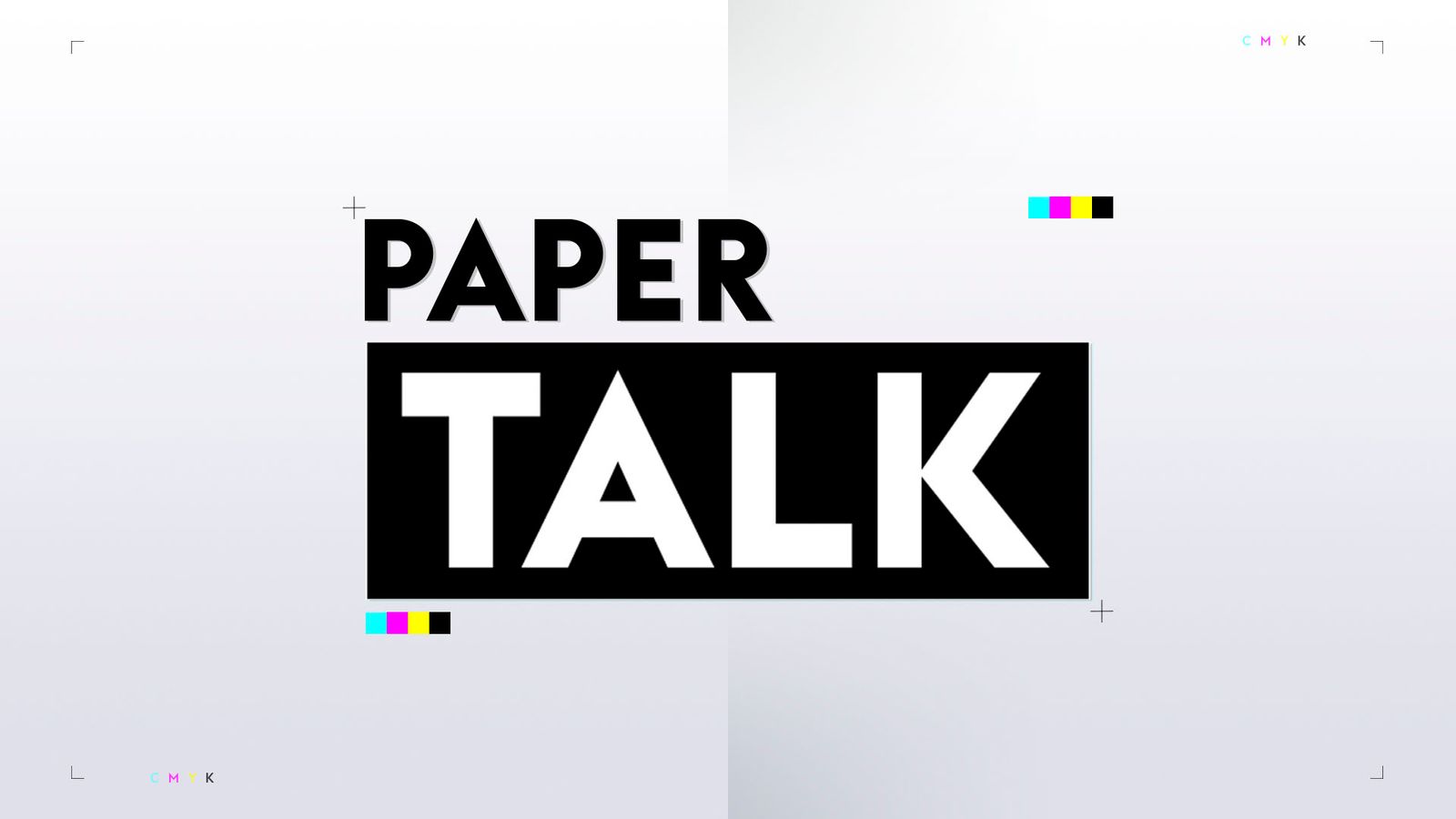The European online gambling industry is vibrant, dynamic, and constantly changing as new technologies and ever-evolving trends continue to influence its landscape. The freedoms that democracies permit, coupled with the availability of high-speed internet, have given people easy access to online gambling platforms worldwide.
While the vast majority of people gamble responsibly, some do not, and for these few, developing a gambling addiction can have serious consequences. This, and the presence of cyber criminals, always ready to pounce on the unwary, has resulted in the need for some form of regulation to ensure the safety of those who enjoy playing online casino games.
In the early stages of the online gambling industry in Europe, countries did not have any relevant regulations in place but given the growing demand and appetite for online casino gambling that soon changed. Now, a recent study completed by the European Gaming and Betting Association (EGBA), has concluded that 27 of the countries in Europe have some form of multi-licensing in place. In this article, we have a look at 3 of those countries in particular. As an expert from Polskie Sloty website, Leon Górski, today I would like to share my thoughts on the topic with you through this article.
Poland
In Poland, online gambling is strictly regulated, with most forms restricted to a state monopoly. The Gambling Act of 2009, amended in 2017, governs the industry. The state-owned operator exclusively runs the online casino, Total Casino, offering slot machines, card games, and roulette.
While sports betting is permitted for licensed operators, the state monopolizes other forms of online gambling. The Polish Finance Minister oversees the industry, granting licences and scrutinizing applicants.
Despite strict regulations, real money casinos in Poland remain prevalent, generating significant turnover. The Polish government has implemented a system for Internet Service Providers to automatically block unlicensed gambling websites and transactions. These stringent measures aim to ensure a regulated and responsible gambling environment in Poland.
United Kingdom
The UK is one of the most liberal online gambling markets in the world. Whereas some country’s regulations ban sports and live sports betting, and others only allow national lotteries, the UK’s rules allow all forms of betting online, including online casinos, live platforms and sportsbooks.
The UK Gambling Commission (UKGC) oversees and regulates online gambling of all types. It is one of the most respected agencies in the world, but it is also one of the most strict. For example, online casinos that hold a UKGC licence must be members of the GamStop network, and they are not permitted to allow their customers to use credit cards to fund their gambling activities.
In 2021, the UK was the biggest market in the Western world, with an annual revenue of $12.48 billion. It was even larger than the US, which came in second place with an annual revenue of $10.96 billion.
In 2023, there were 24.7 million active online gamblers, 6.2% more than in the previous year. 70% of the population have reputedly tried online gambling.
Italy
In Italy, the national gaming regulator is the Agenzia delle Dogane e dei Monopoli, which oversees and regulates all online gambling activity, including online casinos and sports betting.
In 2021, Italy was the top European country in terms of online gambling revenue, with a spending of $4.51 billion. Two years later, in June 2023, spending in that month alone had grown by 15%, topping out at €175.7 million. That showed that the ban on gambling advertising via the so-called ‘Dignity Decree’ had little or no effect on the number of Italians practising online gambling.
There are around 50 active platforms in the sports betting market in Italy, but despite the dominance of operators such as Lottomatica, Snaitech, and Sisal, competition with other operators remains fierce. 69% of the population have reputedly tried online gambling.
France
In the same 2021 report, France came in second place in Europe regarding online gambling revenue, with a spend of $3.83 billion. When measured again in 2023, the online gambling sector was estimated to be worth $6.9 billion. It is forecast that by 2032, the online gambling sector in France will be worth $12.1 billion.
In France, the online gambling industry is regulated by the French Gambling Regulatory Authority ARJEL. Their licences cover all types of online betting activities, including slots, table games, sports betting, and poker.
Gambling via mobile devices has increased significantly, as has live dealer casino gambling and eSports betting. 60% of the population have reputedly tried online gambling.
Where We Go From Here
European regulations significantly affect the operation of online casinos. They are responsible for shaping all aspects, including fair play, player security, responsible gambling and global competition. Whereas these rules and regulations can and do present challenges for the online casino network, they have been crafted to protect consumers and ensure that players can enjoy their online gambling experiences in trustworthy gambling environments.
As the online casino industry continues to evolve, so will the regulatory landscape. For online casinos to maintain their gambling licences, they must be willing and able to adapt. That means for the players, they can look forward to finding new betting opportunities as new technologies become part of the fabric of online gambling, like the incorporation of Virtual Reality (VR), Augmented Reality, AI, and machine learning.
When and however these new technologies impact online casino gaming, you can be sure that the industry won’t fully embrace them until they are tried, tested and approved in terms of fair and safe play.










